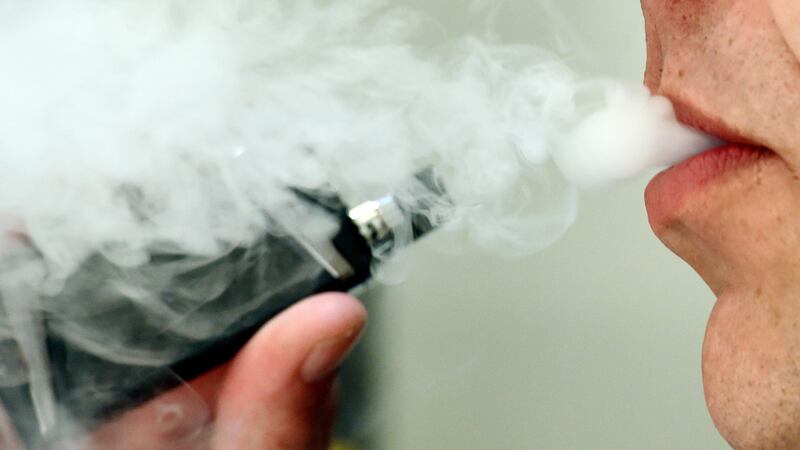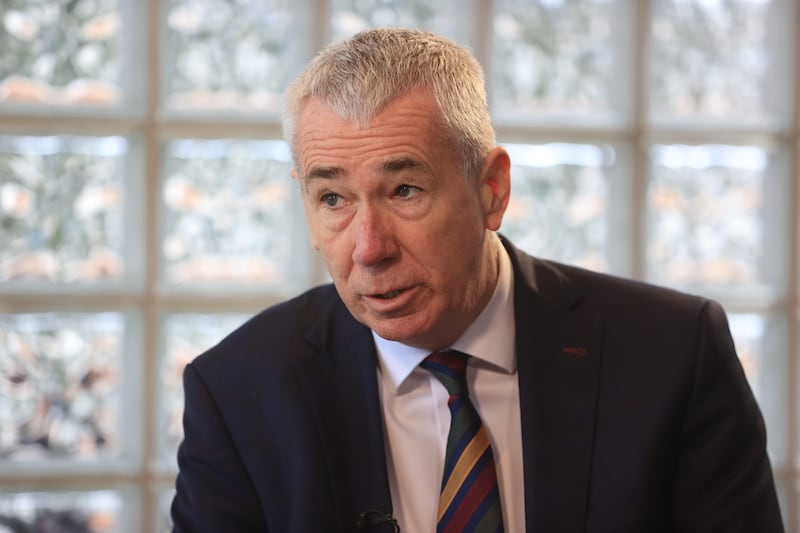The soaring numbers of teenagers who are regularly vaping is a matter of real public health concern, with plans to ban the sale of disposable vapes in Britain both welcome and sensible.
Yet Northern Ireland risks being left behind if the DUP doesn’t end a Stormont boycott which - we fervently hope - must be entering its final dismal days.
It is another example of the damaging cost of abandoning power-sharing. The decline in our public services - whether measured through the growing momentum behind strike action or the number and depth of potholes on our roads - is all too easy to measure.
But Sir Jeffrey Donaldson’s decision to snub the assembly has also meant MLAs haven’t been able to fulfil one of the most basic aspects of their role - making legislation.
With no ministers to lead on new laws and regulations, the best the Department of Health has been able to do is “make the necessary preparations to allow incoming ministers and the NI Assembly to take a decision on introducing the regulations”.
Prime minister Rishi Sunak, desperate for some positive news, is leading the charge on the vaping ban and a raft of other measures which are expected to come into force by the end of the year, in Britain at least.
The government also wants to restrict vape flavours, introduce plain packaging and change how they are displayed in shops so they don’t appeal to children.
Selling tobacco products to anyone born after January 1 2009 - part of Mr Sunak’s pledge to create a “smoke-free generation” - will be illegal.
There is a clear urgency for these and other positive health changes to be introduced to the north.
Auditor general Dorinnia Carville’s report Tackling the Public Health Impacts of Smoking and Vaping sets out some alarming statistics.
Adult use of vapes has almost doubled in the last 10 years, from 5% to 9%, which is bad enough, but it is extremely concerning that around 9% of 11- to 16-year-olds vape, with a quarter of all Year 12 students vaping.
There is some positive news in the number of smokers dropping from a quarter of the population in 2010-11 to 14% today.
That fall shows that progress is possible through education and changes in regulations and attitude. For the sake of our children’s health, an Irish Sea border for disposable vapes needs to be dismantled.







